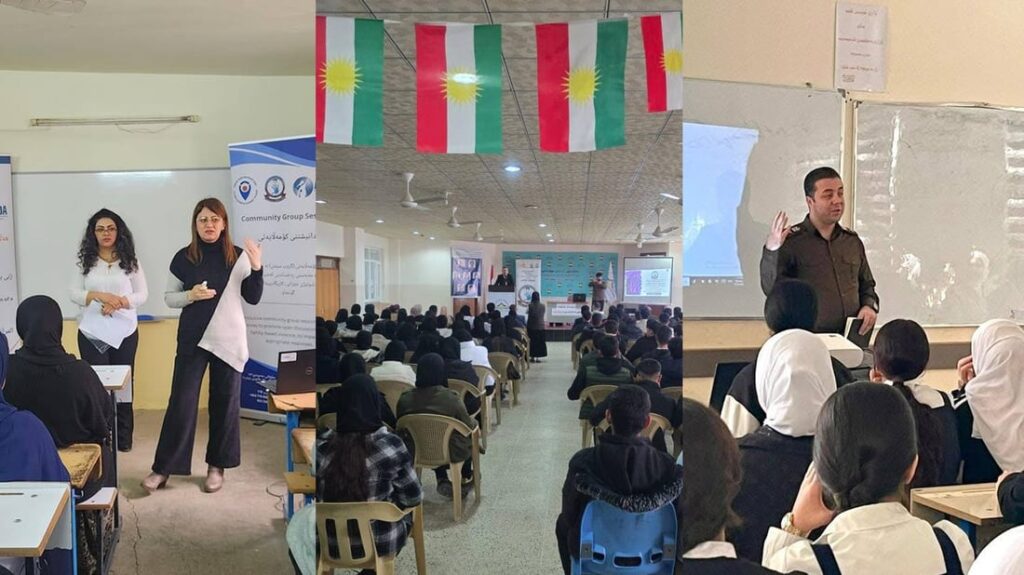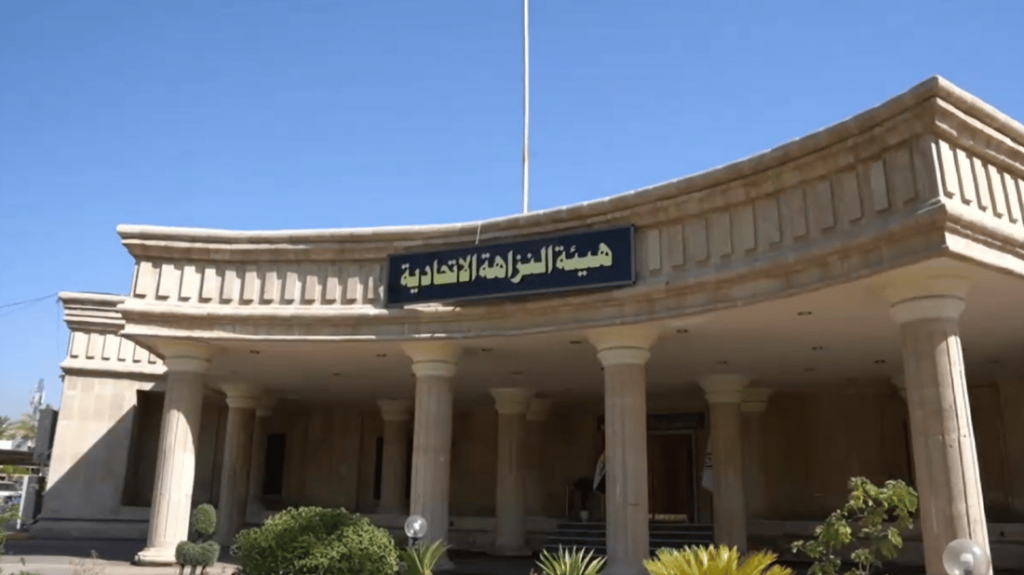Iraq: Ready to support Syrian refugees in Iraq

The Norwegian Refugee Council (NRC) has started an emergency response to support Syrian refugees crossing the border into northern Iraq.
As of 22 October, more than 7,000 Syrians have crossed from North East Syria into neighbouring Iraq since the eruption of violence. UNHCR expects up to 50,000 may cross in the next six months who would need to be accommodated in camps and provided with water, food, blankets and other essential aid.
“NRC and the rest of the humanitarian community in Iraq are ready to support refugees with tents, emergency kits including food, water and hygiene and health items, mattresses and heaters,” says Tom Peyre-Costa, Media Coordinator for NRC in Iraq.
NRC has the capacity to respond primarily in Dohuk and Ninewa by scaling up its ongoing programmes and providing humanitarian assistance as needed. A new camp has been opened in Bardarash for newly displaced refugees.
Emergency education
“Most of the Syrian refugees arriving in Bardarash camp are families with children de facto put out of school because of the war,” says Peyre-Costa.
NRC education specialists are assessing education needs in the camp to be able to start emergency education response in the coming weeks.
Crossing the border
Syrian refugees are crossing the border and entering in the Kurdistan Region of Iraq. They are then being hosted in reception centres by Kurdish authorities before being transferred to Bardarash camp in Dohuk governorate where they will receive humanitarian assistance.
Since the eruption of violence on 9 October in north east Syria, an estimated 165,000 individuals have been displaced so far, including aid workers. Entire displacement camps in Syria have been emptied due to the escalating violence. These are among the most vulnerable people in Syria, who have already suffered for years. This military operation is threatening them, once again, and hundreds of thousands of others who are totally reliant on the support of humanitarian agencies. It is also compromising aid services as aid workers themselves have had to flee to safety.




